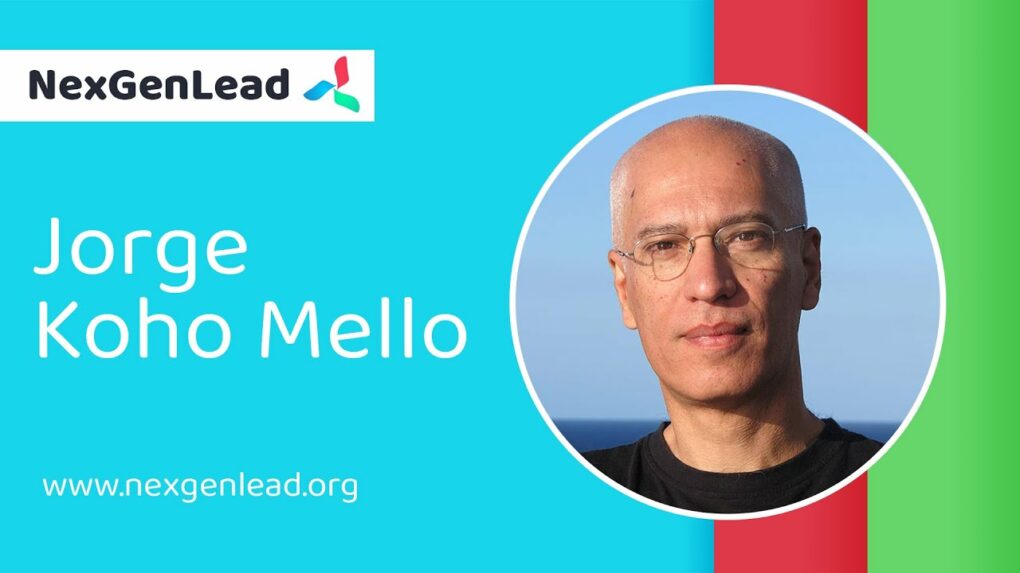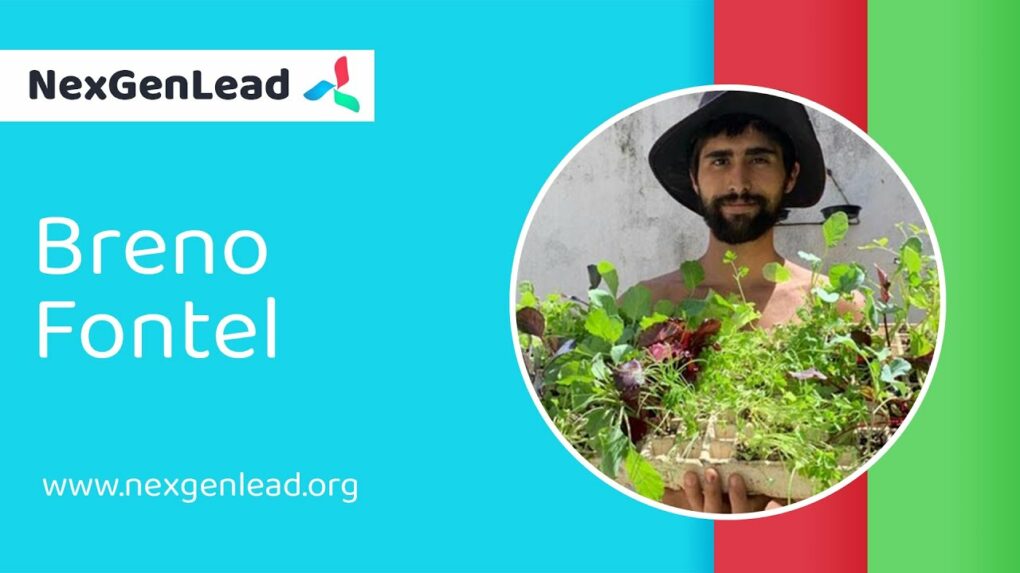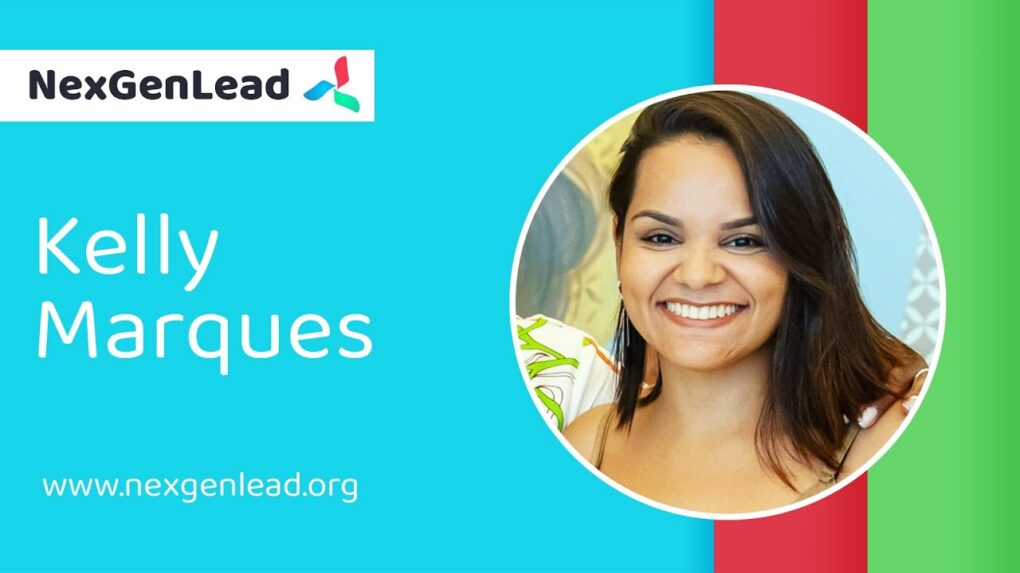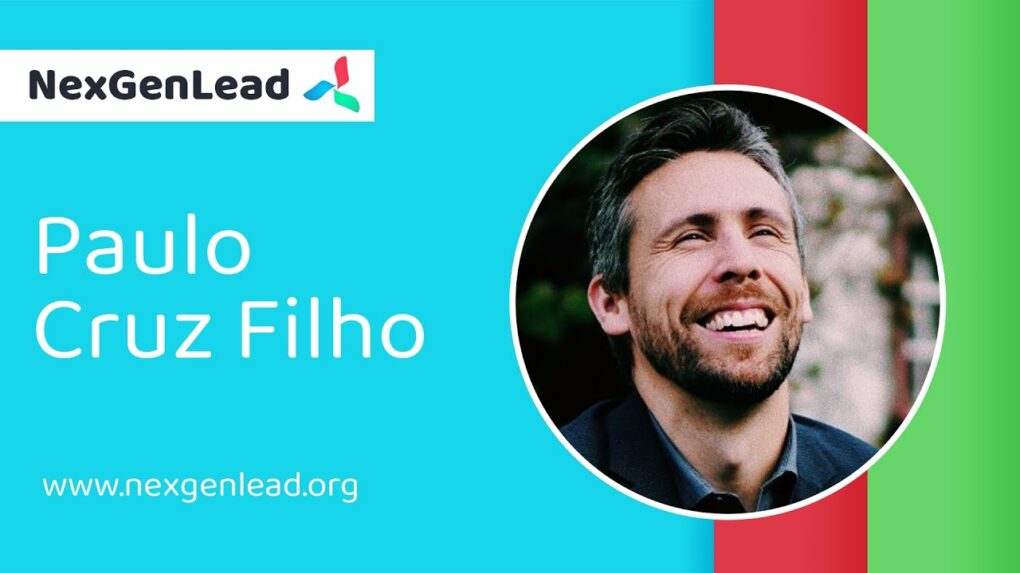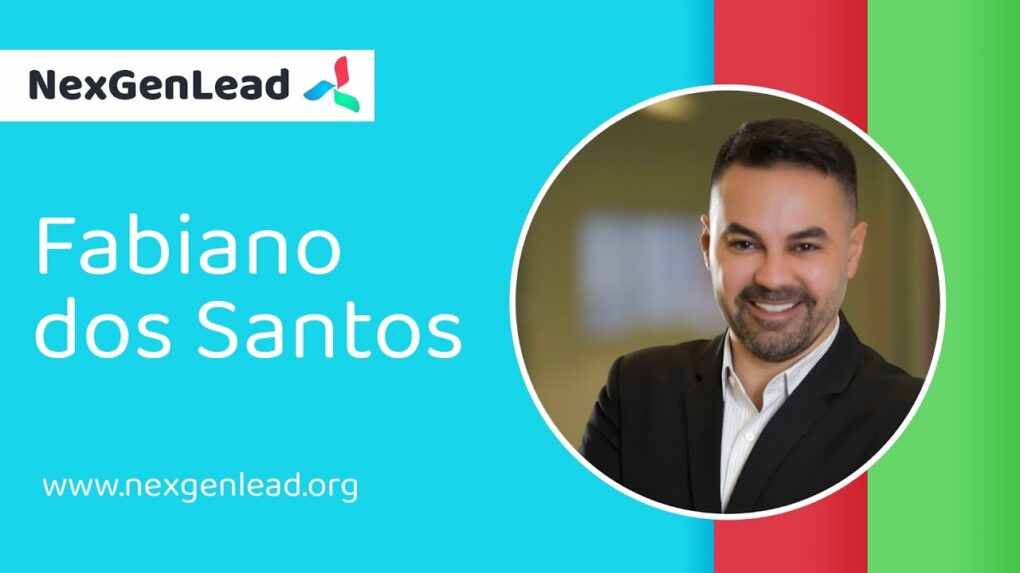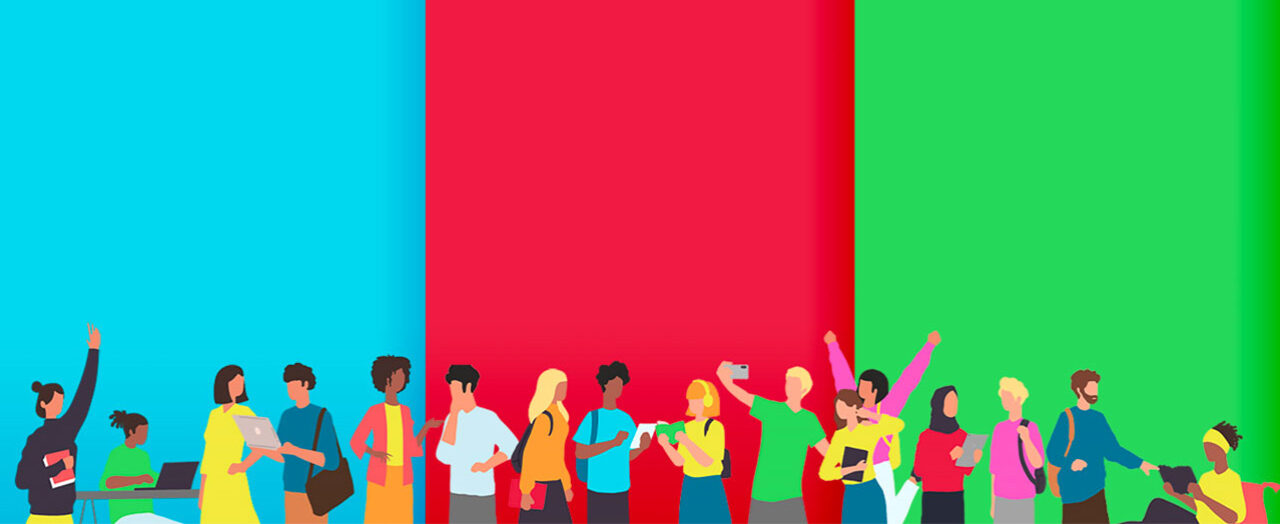
NexGenLead is a virtual Leadership and Sustainability program organized by Swissnex in Brazil and oikos International, and collectively led by the participants themselves. The program aims to establish the basis for a worldwide virtual community of students to dialogue on these issues, offering a space for the development and practice of Responsible Leadership skills, as well as acting actively in the education process itself.
One of the components of this program is the stimulation of reflection from personal stories of different leaders from all over the world. Students participating in the program collected these testimonials through interviews, which are available on the NexGenLead platform. Sharing these personal experiences is a way to explore new perspectives on leadership and sustainability, focusing on the 5 leadership skills defined by the CARL methodology used in the program.
We invite you to reflect, inspire, and discuss your own perceptions of the skills needed for leadership towards sustainability, both individually, within your local groups, and with the NexGenLead community.
Check out some of the interviews with Brazilian partners below, or access the full playlist here.
-
![]()
Jorge Koho Mello
“The manifest for simplicity simplicity and deceleration”
“The manifest for simplicity simplicity and deceleration” with Jorge Koho Mello and Camila Moreira”
Camila Moreira, a graduate student in Environment and Sustainability, interviewed Jorge Koho Mello, environmentalist and Monk at Zen Buddhism. The two talked about the aspects and paradigms of voluntary simplicity linked to contemporary life, how it develops, and what are the benefits of choosing this lifestyle. The benefits on a micro and macro scale that this lifestyle provides. Koho also shares some simple and conscious practices and the manifest for simplicity and slowing down.
-
![]()
Breno Fontel
"Engaging in what makes you tick"
"Engaging in what makes you tick" with Breno Fontel and Camila Moreira
Camila Moreira, a student of Natural Environment and Sustainability in Brazil, interviewed Breno, a 25-year-old, who was raised close to the ocean, in Guanabara Bay, in Rio de Janeiro – Brazil. His passion for the ocean led him to get his graduation in Oceanography. He loves the connection with the earth and believes we can be a better society if we reconnect with our roots to rescue those roots. He has contributed to a project of surfboards made of plastic bottles, now he is engaged in an agroforestry system. He had observed a neighbor, Lelo Dantas, who was taking care of an abandoned area next to a former radio/tv building and asked him to join in creating the project AFU – Agrofloresta da Urca. The project has been helping homeless people, they grow food and medicine there, and everyone can take it.
-
![]()
Kelly Marques
"Redes da Maré - The social project that awakens talents"
"Redes da Maré - The social project that awakens talents" with Kelly Marques and Camila Moreira
Kelly Marques, coordinator of the education department at the NGO Redes da Maré in Rio de Janeiro, has been interviewed by Camila Moreira, a student of Environment and Sustainability in Brazil. The NGO Redes da Maré takes care of a set of favelas (slums) in Maré (Rio de Janeiro, Brazil), comprising 16 communities. The interview is about her growth process within the NGO, and how the NGO not only takes care of children but also invites parents and grandparents to participate with them.
-
![]()
Paulo Cruz
“Follow your inner drive"
“Follow your inner drive" with Paulo Cruz Filho and Caroline Castro
Paulo Cruz Filho, Co-Leader of the B Corporation in the South of Brazil, was interviewed by Caroline Castro, a recent graduate in Civil Engineering in Brazil. Paulo shares his personal journey and highlights the importance of self-awareness in our development as individuals and professionals.
-
![]()
Fabiano dos Santos
“Serenity for conscious decisions”
“Serenity for conscious decisions” with Fabiano dos Santos and Marcelo Veloso
Marcelo Veloso, Master student in Innovation and Sustainability, interviews Fabiano dos Santos who works in an international insurance company as Chief Operating Officer for Latin America and leader of sustainability. In this interview, many episodes in different cultural contexts are recalled. Fabiano shares his view regarding some ethics and values challenges that might arise during a recruitment process. He also mentions the challenges posed by cognitive biases and explores practices that can help us to overcome them.
